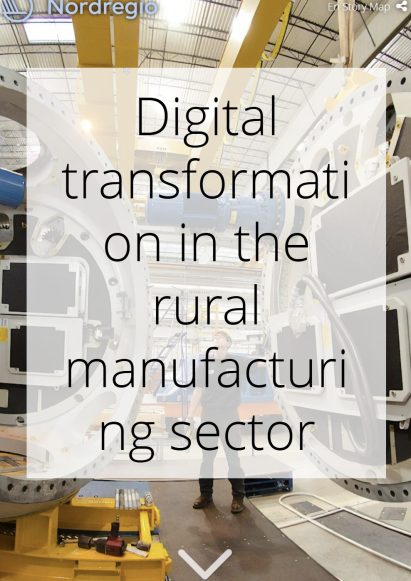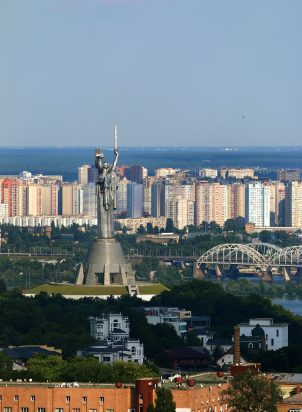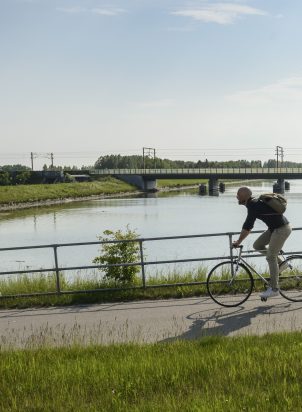Digitalisation of the manufacturing sector is often discussed in the context of the fourth industrial revolution – or Industry 4.0. This revolution is characterised by the increasing ability of machines to undertake more complex and integrated processes based on developments in ICT, robotisation, and artificial intelligence. These changes are having a profound effect on the Nordic manufacturing sector. While manufacturing jobs made up almost one-third of Nordic employment in 1970, they comprise just 8% of jobs today. At the same time, the jobs that remain have become more complex and require a higher level of skill than manufacturing jobs of the past.
While manufacturing jobs are geographically dispersed across the Nordic countries, the majority of jobs are found outside the capital regions. Many of these jobs are found in small enterprises, as 90% of all manufacturing companies in the Nordic Region have less than 20 employees. As such, small rural enterprises play an essential role in increasing competitiveness in the Nordic manufacturing sector through digitalisation.
This story is part of the project “Rural perspectives on digital innovation: Experiences from small enterprises in the Nordic countries and Latvia”. This project was funded by the Nordic Council of Ministers for Digitalisation (MR-Digital), the Nordic thematic group for innovative and resilient regions 2017-2020 and the North Atlantic Cooperation (NORA).









